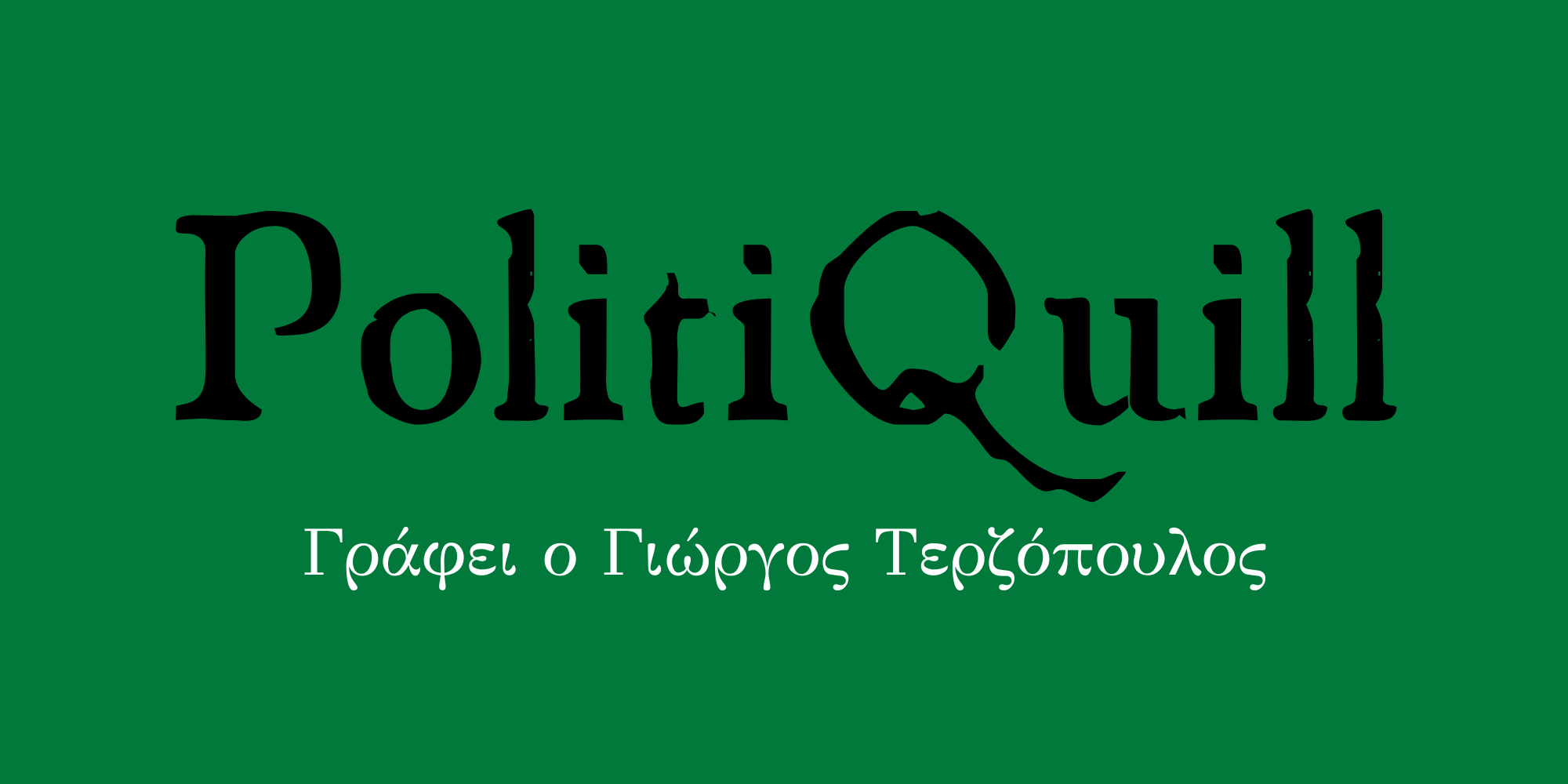The National Health System and the pandemic
The NHS was one of the foundational legislations of PASOK's first government (after 1981) and I would say that it was the greatest social achievement of that period. Since then, many leaderships have passed through the Ministry of Health, of various partisan persuasions, which instead of improving the structures and functions of the system, (excluding the effort of Alekos Papadopoulos who changed the inefficient administrative structures) were spent, at best, on interventionist policies and, at worst, on consolidating partisanship and opacity, indifferent to the real needs of citizens.
In 2020, and for about two years, the public health system, due to the pandemic, was subjected to unprecedented pressure. The system withstood not because of the preparedness of the state but because of the honorableness and high sense of duty of the medical and nursing staff. Despite the fact that it survived the pandemic; understaffing, the absence of modern technological equipment and the complete lack of operational readiness in emergency conditions were fully revealed. If we add to all this the enormous private health costs and the burden of the insurance system, then one understands that there is an urgent need for a comprehensive political proposal. More specifically, a proposal that shapes a modern public health system that will ensure universal and equal access for all citizens, as well as its financial sustainability, through the rationalization of public health spending.
The necessary reforms
For a reform to succeed, it should be based on a comprehensive plan that touches on the administrative structure, primary health care and existing logistical infrastructure.
The hospital executives should adopt a more flexible and managerial role with the ability to shape balance sheets and the ability to employ people with fewer bureaucratic procedures. Although the purpose of this article is not to provide specific solutions, a model of administration of hospital units could, under certain conditions, be similar to the administration models of Papageorgiou and Onassis hospitals, which can monitor various productivity indicators and of course be subject to the control of local government, ensuring its public character. Most basic of all, however, is the meritocratic selection of administrative executives through international, fair competitions, without party affiliation.
Primary health care, despite the many legislative initiatives, is still not in the lead. The institution of the personal physician (specializing in general medicine and pathology) is the most important link in primary health care. However, in a country like Greece, which has a large number of doctors in many specialties, it is essential that these doctors, in addition to general practitioners and pathologists, participate in the primary care chain so that all citizens can enjoy comprehensive health care.
Lastly, the highly-advertised digital transformation, despite the expansion of electronic pharmaceutical prescriptions, is still progressing slowly. The electronic patient record is hardly used in daily practice and telemedicine, which due to the geographical diversity of our country should have been fully developed, has been barely implemented. The EU recovery fund was a unique opportunity for the complete digitalization of hospitals, which, however, we as a country did not take advantage of.
The (under-)staffing of hospitals
All of these reforms are necessary, but much more crucial is the protection and development of the human factor in our hospitals: the medical and nursing staff.
In this area, our country is distinguished by a paradox. It has the most doctors per 1000 people in Europe and despite that thousands of vacant positions. It is now evident that a comprehensive study of the needs of the population, what specialties are needed and in which areas, depending on geographical and demographic data, is more than necessary. This plan should be combined with changing the way new doctors are admitted to their specialties with nationwide exams that will ensure meritocracy. If to all this we add the activation of specialty societies (e.g. the Greek Society of Cardiology) in educational issues, a quality lifelong education of doctors in our country would be ensured.
The understaffing of hospitals cannot be combated with flexible work relationships because in that way, in a country like Greece, the public nature of the health system is being undermined. Bold interventions are needed in terms of financial incentives as well as incentives for the advancement and development of hospital scientific staff. An innovative proposal could be to finance the studies of medical students in Greek medical schools (a gradual allowance depending on the year of study) with the obligation that graduates will serve the public health system for a period of time (at least five years) after completing their specialty.
At the same time, emphasis should be placed on the creation of new medical subspecialties such as geriatrics, infectious diseases, subspecialties of pediatrics, and social medicine, so as to address the contemporary needs of the population. While, as emphasized above, the country has the most doctors in Europe, the nurses are the least in Europe. Extensive work hours and meager salaries have exhausted the nursing staff, resulting in many early retirements. Therefore, the immediate recruitment of thousands of nurses, significant restrictions on transfers to other public positions, salary upgrades, the creation of new schools of higher education in nursing and an increase in the number of admissions to them are all desperately needed.
The revival of the NHS requires strong political will and broader consensus, consultation and cooperation (of the state, the scientific community, employees, patient associations and local government) and a significant increase in the percentage of GDP spent on health.






